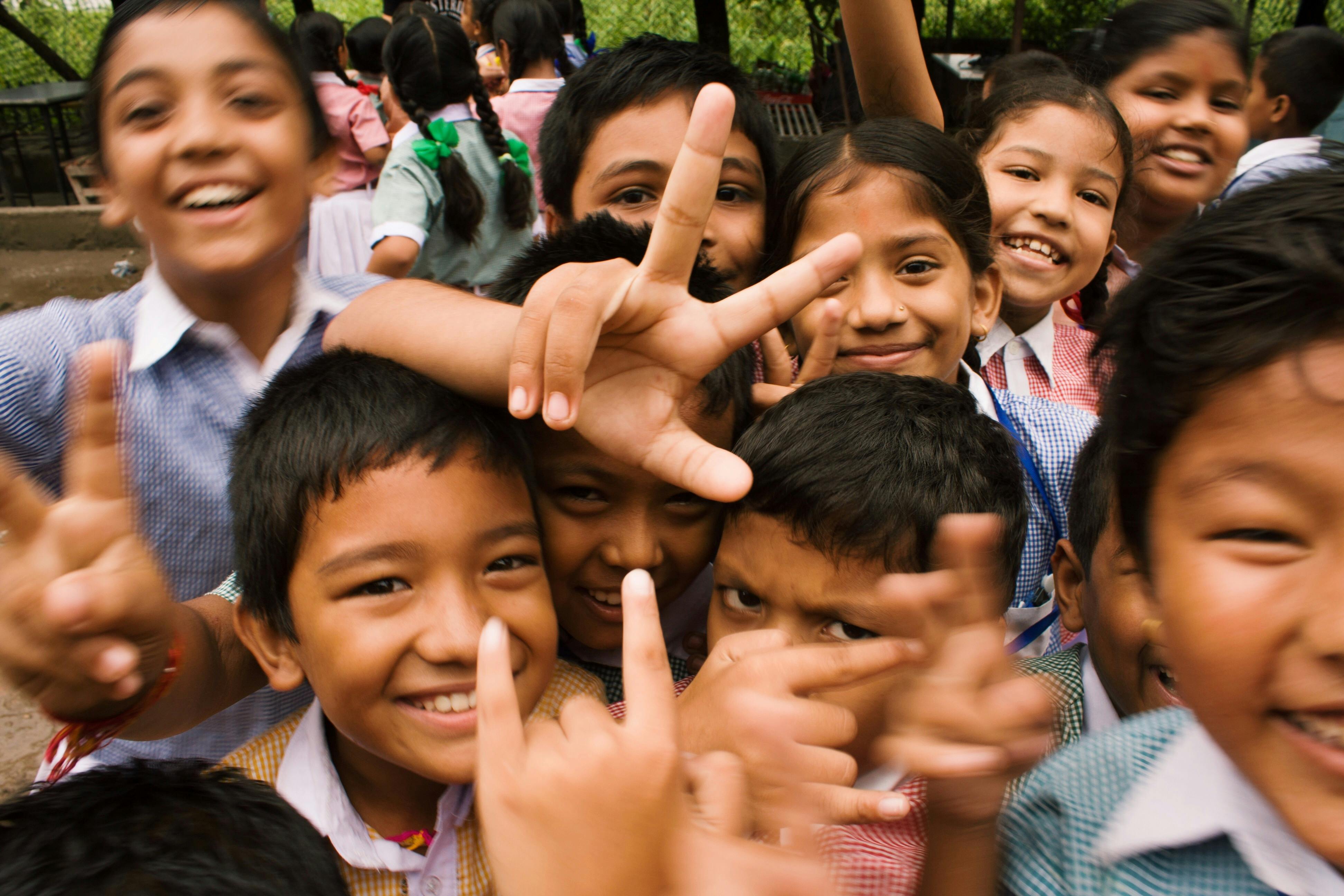In today's world, many of our behaviors and beliefs are shaped by a powerful but often invisible force: social conditioning. From childhood, we absorb messages about what is acceptable, desirable, or shameful—messages that influence our values, relationships, personal identity, and even our emotional responses. These cues come from family, school, media, religion, and cultural norms. Over time, they shape our behaviors, emotional intelligence, and how we relate to ourselves and others. Understanding social conditioning requires us to explore not only psychological theories, but also how culture affects our daily mental processes.
What Is Social Conditioning?
Social conditioning is a psychological process where human beings learn behaviors, social norms, and beliefs based on external cues and reinforcement. It operates through both classical conditioning and operant conditioning—systems where behaviors are associated with rewards, punishments, or repeated exposure to stimuli. Through this process, people internalize society’s values, often without conscious awareness.
This learning occurs across various social contexts—family structures, schools, peer groups, and media environments. Over time, it influences decision making, emotional reactions, self awareness, and personal identity.
Understanding Social Conditioning Through Psychology
Classical and Operant Conditioning
In classical conditioning, studied by Ivan Pavlov, a neutral stimulus becomes linked to an emotional or physical response. For instance, when rest is consistently met with guilt, rest itself becomes a trigger for discomfort—this is a conditioned response.
In operant conditioning, B.F. Skinner explained how behaviors are shaped by consequences. A child praised for being obedient learns that silence or compliance leads to rewards, reinforcing that specific behavior over time. This is how learning occurs through associative learning.
Observational Learning and Social Learning Theory
According to Albert Bandura’s social learning theory, learning also occurs through modeling—watching how others behave and the outcomes they receive. When people observe someone being praised for meeting societal expectations, they learn to mimic that behavior, especially in early child development.
These different processes—classical conditioning, operant conditioning, and modeling—create a powerful framework through which human behavior is shaped.
Where Does Social Conditioning Come From?
Family
Our earliest form of social learning comes from family. Children mirror how parents regulate emotions or assign value to success. These subtle messages shape emotional regulation, identity, and the foundation of relationships. Parents play a significant role in early conditioning.
Education and Schooling
Schools teach more than academics—they shape social responsibility and reward acceptable behavior like following rules and avoiding failure. This instills societal expectations that impact one’s sense of worth and success. Educational environments reinforce society’s values and impact how children understand authority and decision making.

Media and Culture
From cartoons to billboards, media reinforces cultural norms like beauty standards and career success. These narratives subtly affect our mental processes and sense of self-worth, influencing everything from body image to emotional expression. The media also contributes to how community standards are perceived.
Religion and Cultural Conditioning
Religion and culture affect how people perceive morality, gender roles, and expression. These systems offer belonging but may suppress personal growth or authenticity when certain behaviors are labeled shameful or unworthy. Cultural conditioning plays a key role in how identity is formed and maintained.
How Social Conditioning Impacts Daily Life
Gender Roles and Emotional Intelligence
Cultural conditioning can pressure men to avoid vulnerability and women to prioritize others’ needs. This affects how emotions are processed and what’s considered acceptable behavior in relationships and society. It can limit emotional intelligence and personal growth.
Emotional Expression and Identity
When emotional expression is discouraged, people may struggle with emotional intelligence, creating barriers in communication and personal development. Social conditioning leads individuals to suppress certain emotions due to fear of judgment or rejection.
Body Image and Mental Health
Social conditioning influences beliefs about physical appearance. Conditioned responses to societal beauty norms may lead to anxiety disorders, low self-esteem, or unhealthy coping strategies. The classical conditioning process makes people link body image to self-worth.
Productivity and Personal Worth
Equating productivity with success is a form of social conditioning. Rest becomes guilt-inducing, creating burnout and limiting self-awareness. People learn to value output over well-being, reinforcing the belief that self-worth is conditional.
Critical Thinking: Can We Unlearn Social Conditioning?
Yes, it is possible to break conditioned patterns through critical thinking, cognitive tools, and self-awareness. Questioning internal beliefs allows people to distinguish between authentic values and societal programming.
Self-Awareness and Reflection
Ask reflective questions: “Why do I feel guilty when I rest?” or “Do I believe I must earn love?” This self-inquiry begins the process of conscious unlearning and increases emotional intelligence.

Tools for Reconditioning
- Cognitive Behavioral Therapy (CBT): Challenges irrational beliefs and rewrites mental frameworks.
- Acceptance and Commitment Therapy (ACT): Encourages alignment with values despite emotional discomfort.
- Journaling: Explores early memories and helps identify moments when learning occurred.
- Therapeutic Support: Working with professionals can help recognize conditioned stimulus and unconditioned responses, allowing for new behavior to emerge.
The Role of Society in Shaping Beliefs
Social Norms and Behavior
Conditioned beliefs about how to behave in relationships, communities, and careers are often mistaken as personal truths. Recognizing this allows for increased autonomy and social cohesion.
Identity and Societal Expectations
When people are expected to suppress unique traits to meet societal expectations, it compromises identity and emotional authenticity. Cultural norms often limit self-expression and creativity.
How Cultural Conditioning Affects Personal Growth
Unlearning social conditioning allows for deeper personal growth. People begin to value rest, emotional honesty, and diverse expressions of self. They form stronger emotional boundaries and reclaim decision making without guilt.
Self-awareness practices such as mindfulness, journaling, and therapy support this transformation. They help in identifying conditioned beliefs and promoting autonomy.
Working With a Therapist
Therapy helps individuals identify conditioned responses and work through emotional patterns rooted in outdated norms. Therapists support clients in building emotional intelligence, improving mental health, and creating healthier belief systems. This promotes healing and empowerment.
Reflective Questions for Reconditioning
- What belief am I carrying that doesn’t feel true?
- Where did I learn this belief?
- How does it affect my behavior or decisions?
- What belief do I want to hold instead?
- What would life look like if I let go of this belief?
Conclusion
Social conditioning plays a key role in shaping beliefs, behavior, and emotional responses. Rooted in classical conditioning, operant conditioning, and observational learning, these patterns begin early and often go unquestioned. Yet with awareness, emotional intelligence, and critical thinking, people can rewire conditioned responses and make space for more authentic living.
Understanding social conditioning is the first step toward reclaiming your personal identity and leading a life guided by values you truly believe in. The more we understand the influences behind our beliefs and behaviors, the more power we have to choose consciously—and to live in alignment with who we truly are.
If you suspect you are struggling to manage, Rocket Health India can help. Book a session with one of our trained mental health professionals and begin your journey toward healing and resilience.

.png)
.png)
.jpg)



